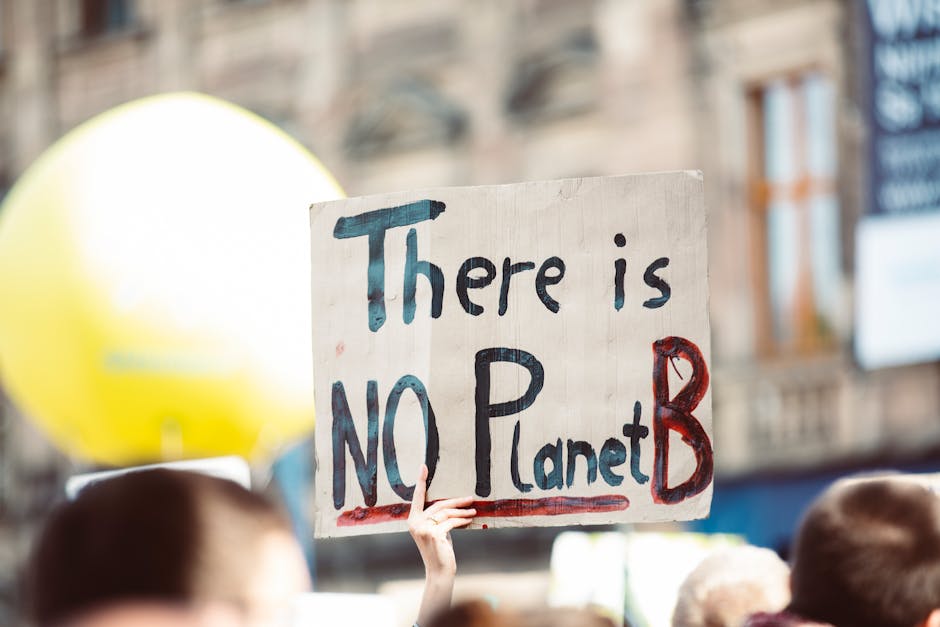Global warming, a term now synonymous with climate change, represents a significant challenge to our planet and its inhabitants. It refers to the ongoing increase in Earth's global average temperature caused by the accumulation of greenhouse gases in the atmosphere, primarily from the burning of fossil fuels. This phenomenon is impacting our world in profound ways, from rising sea levels to more frequent and intense extreme weather events.
The science behind global warming is clear. Greenhouse gases, such as carbon dioxide and methane, trap heat in the atmosphere. While these gases occur naturally and are essential for maintaining a habitable temperature, human activities have significantly increased their concentration, leading to an enhanced greenhouse effect and subsequent warming. The evidence is overwhelming, with temperature records, melting glaciers and ice sheets, and changes in precipitation patterns all pointing towards a rapidly changing climate.
The consequences of inaction are dire. Continued warming will lead to further sea-level rise, displacing millions of people living in coastal communities. Extreme weather events, such as hurricanes, droughts, and heatwaves, will become more frequent and intense, impacting agriculture, infrastructure, and human health. Ecosystems will struggle to adapt, leading to biodiversity loss and disruptions in the delicate balance of nature.
However, there is still hope. We have the knowledge and the tools to mitigate the effects of global warming and transition towards a more sustainable future. This requires a global effort, with individuals, governments, and businesses all playing a crucial role. By embracing renewable energy sources, improving energy efficiency, and adopting sustainable land management practices, we can significantly reduce our greenhouse gas emissions.
Individual actions, while seemingly small, can collectively make a big difference. Reducing our carbon footprint through conscious consumption choices, supporting sustainable businesses, and advocating for climate-friendly policies can create a ripple effect of positive change. Every effort counts in the fight against global warming.
Governments play a vital role in setting ambitious emission reduction targets, implementing policies that incentivize sustainable practices, and investing in research and development of clean technologies. International cooperation is essential to address this global challenge effectively.
Businesses also have a responsibility to adopt sustainable practices throughout their operations. Investing in renewable energy, reducing waste, and promoting sustainable products and services not only benefits the environment but also enhances their brand reputation and attracts environmentally conscious consumers.
The journey towards a cooler future requires a collective effort. By embracing change, supporting sustainable initiatives, and holding ourselves and our leaders accountable, we can create a healthier planet for ourselves and generations to come. Let's work together to turn the tide on global warming and build a more sustainable and resilient world.

